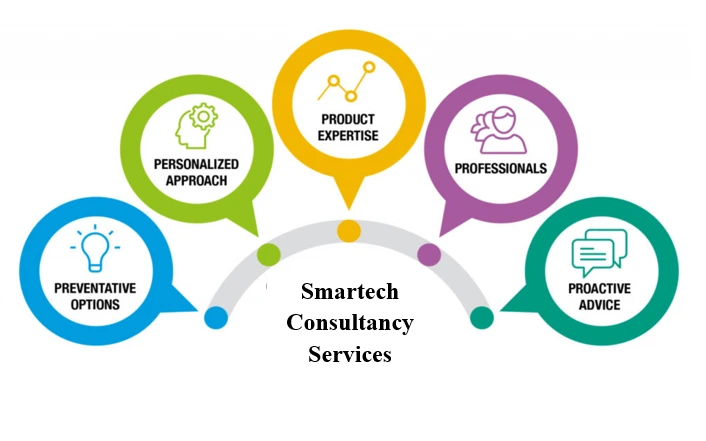Imagine a beautiful butterfly trapped in a cocoon. It yearns to spread its wings and soar, but the familiar, albeit confining, comfort of the cocoon holds it back. That’s what addiction can feel like – a comfortable prison that keeps you from experiencing the full potential of life. But just like the butterfly, you too have the strength to break free and embrace a brighter future.

This guide explores the complexities of addiction recovery, offering a roadmap to navigate the challenges and celebrate the triumphs. We’ll explore various strategies to conquer any addiction, whether it’s substances like alcohol or drugs, or behavioral addictions like gambling or social media. Remember, the journey is unique for everyone, but with the right tools and support, freedom from addiction is within your grasp.
Understanding the Grip of Addiction: Why We Get Hooked
Addiction is a complex disease that affects the brain’s reward system. When we engage in addictive behaviors, our brains release dopamine, a neurotransmitter associated with pleasure and motivation. This creates a powerful reinforcement loop, making us crave the activity or substance for the positive feelings it provides. Over time, our brains adapt to these repeated surges of dopamine, requiring more and more of the addictive behavior to achieve the same level of pleasure. This is why addicts often experience cravings and withdrawal symptoms when they try to quit.
Embracing the Journey: The First Steps to Recovery
Conquering addiction is a marathon, not a sprint. Here are some initial steps to set the stage for success:
- Acknowledge the Problem: The first step is admitting you have an addiction. Don’t be afraid to seek help from a trusted friend, family member, or therapist.
- Educate Yourself: Learn about your specific addiction, its effects, and the recovery process. Knowledge is power!
- Detoxification (if needed): For some addictions, medically supervised detoxification is necessary to safely manage withdrawal symptoms.
Building a Support System: You’re Not Alone
Just as a lone climber needs a strong rope and belayer to reach the summit, overcoming addiction requires a robust support system. Here are some resources that can guide you:
- Therapy: Cognitive behavioral therapy (CBT) and other therapeutic approaches can help you identify triggers, manage cravings, and develop coping mechanisms.
- Support Groups: Connecting with others who understand your struggles can be incredibly empowering. Support groups provide a safe space to share experiences, gain encouragement, and learn from others’ journeys.
- Family and Friends: Let your loved ones know you’re seeking help. Their understanding and support can be invaluable.

Relapse Prevention: Building a Life Beyond Addiction
Recovery is not a linear path. Relapses can happen. However, they don’t signify failure, but rather an opportunity to learn and adjust your strategies. Here’s how to strengthen your resolve and prevent relapse:
- Identify Your Triggers: Recognize the people, places, or situations that make you crave the addictive behavior. Develop coping mechanisms to avoid or manage these triggers effectively.
- Develop Healthy Habits: Replace addictive behaviors with positive activities that bring you joy and fulfillment. This could be exercise, spending time in nature, pursuing hobbies, or engaging in creative pursuits.
- Practice Self-Care: Prioritize your physical and mental well-being. Eat nutritious foods, get enough sleep, and practice relaxation techniques like mindfulness meditation.
Conclusion: A Brighter Future Awaits
Breaking free from addiction is an act of incredible courage and resilience. Remember, you are not alone in this fight. By utilizing the tools and resources available, building a strong support system, and developing healthy coping mechanisms, you can overcome addiction and embrace a life filled with purpose, joy, and freedom.
Read Also
- “The Sicilian’s Betrayal” by Cindy Redding eBook Summary
- “Leftover Girl” by C.C. Bolick eBook Review
- Say Goodbye to Sleepless Nights: Do This For Better Sleep Quality
- 5 Surprising Benefits of Doing Planks
- Science Backed Strategies For Effective Fat Burning
FAQs
1. How long does addiction recovery take?
The length of recovery varies depending on the severity of the addiction, the individual’s support system, and the effectiveness of the treatment approach. Some people experience lasting recovery relatively quickly, while others require ongoing support. What matters most is commitment to the process and celebrating every step forward.
2. What if I can’t afford professional help?
There are many free or low-cost resources available to help with addiction recovery. Support groups, community mental health centers, and government-funded programs can offer valuable assistance. Don’t hesitate to explore these options.
3. Will I ever be able to enjoy things I used to do without relapsing?
This depends on the nature of your addiction. In some cases, complete abstinence may be necessary, especially for substance abuse or severe behavioral addictions. However, with professional guidance and a structured approach, you might be able to learn healthy ways to engage in certain activities that were previously part of your addictive cycle. For instance, if you struggled with gambling addiction, you might be able to attend sporting events but avoid placing bets. Open communication with your therapist and setting clear boundaries are crucial in such situations.
4. What if I slip up and relapse?
Relapse is a possibility, but it doesn’t signify failure. It’s a learning opportunity. Analyze what triggered the relapse and identify areas where your coping mechanisms need strengthening. Reach out to your support system for encouragement and recommit to your recovery plan. Remember, recovery is a journey, not a destination. There will be bumps along the road, but with each step forward, you’re getting closer to your goal.
5. How can I help a loved one struggling with addiction?
Educate yourself about their addiction and the recovery process. Offer unwavering support and understanding, but avoid enabling behaviors. Encourage them to seek professional help and be a reliable source of motivation throughout their journey. Remember, you can’t force someone to recover, but your love and support can create a safe space for them to heal.

